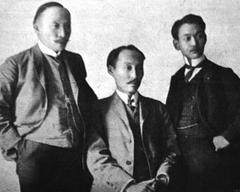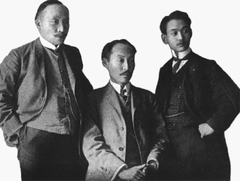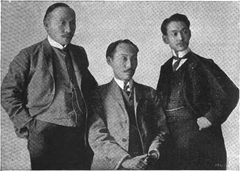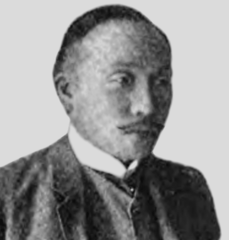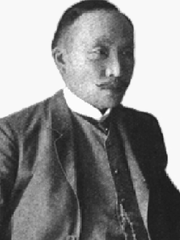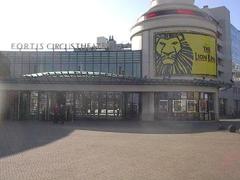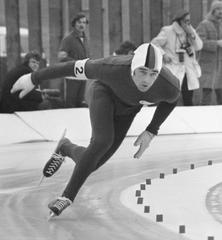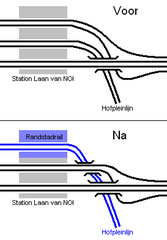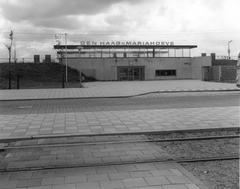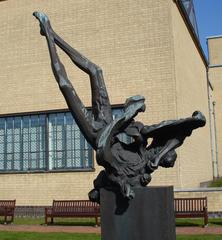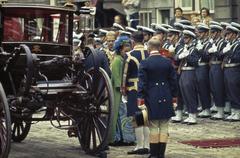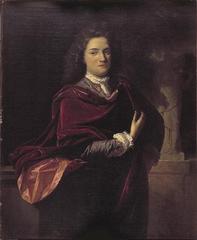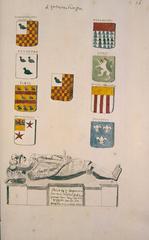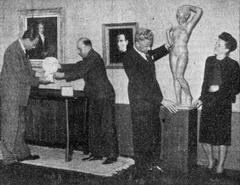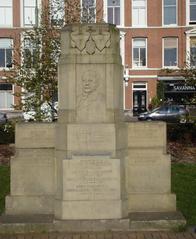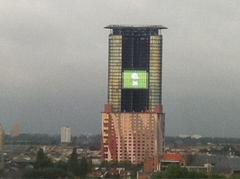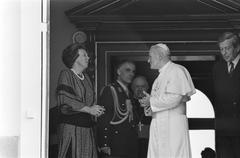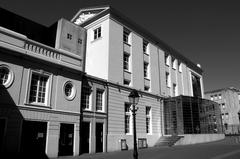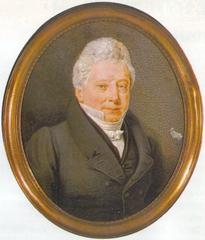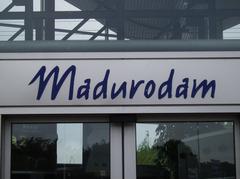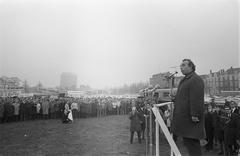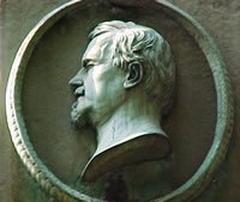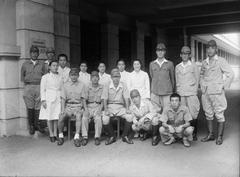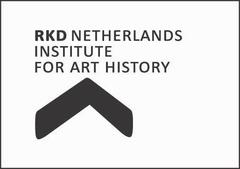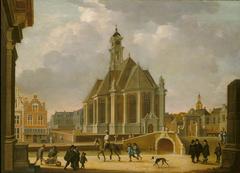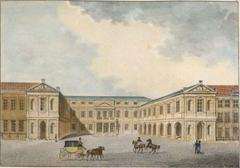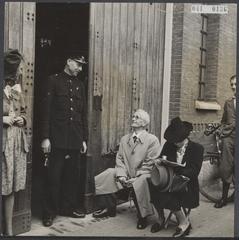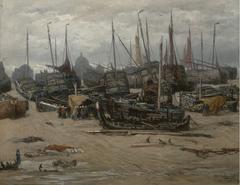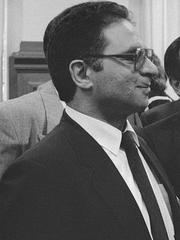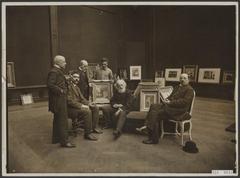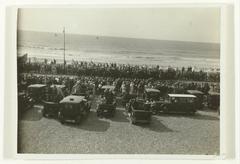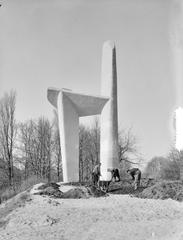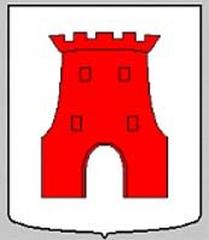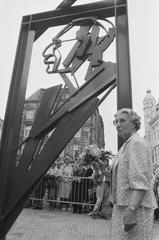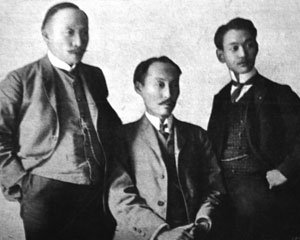
Yi Tjoune Visiting Hours, Tickets, and In-Depth Guide to the Yi Jun Peace Museum in The Hague
Date: 14/06/2025
Introduction
The Yi Jun Peace Museum in The Hague stands as a profound tribute to Korea’s early 20th-century struggle for sovereignty and the extraordinary legacy of Yi Jun (also spelled Yi Tjoune). Located in the very building where Yi Jun died in 1907 during his mission to the Second Hague Peace Conference, the museum offers an intimate look at Korea’s fight against Japanese imperialism, the resilience of its people, and the city’s enduring role as an international hub for peace and justice (denhaag.com; Wikipedia). This comprehensive guide provides everything you need to plan your visit, including opening hours, ticket details, accessibility information, and tips for making your experience meaningful.
Table of Contents
- Introduction
- Historical Context: Korea at the Turn of the 20th Century
- The Secret Emissaries and the 1907 Mission
- Yi Jun’s Final Days and Enduring Legacy
- The Yi Jun Peace Museum: Visitor Information
- Core Exhibits: What to See and Why It Matters
- Thematic Focus: Peace, Justice, and Civilian Impact
- International Significance and The Hague’s Role
- Continuing Relevance: Education and Reconciliation
- Events and Annual Commemorations
- Visitor Tips and Frequently Asked Questions (FAQ)
- Visuals and Media
- Conclusion and Further Resources
Historical Context: Korea at the Turn of the 20th Century
In the early 1900s, Korea was caught between the imperial ambitions of neighboring powers. Following the First Sino-Japanese War and the Russo-Japanese War, Japan seized control over Korea through the 1905 Eulsa Protectorate Treaty, stripping Korea of its diplomatic rights and leading to widespread national outrage (Wikipedia; korea.prkorea.com). Emperor Gojong continued to seek international support amid growing Japanese suppression, which ultimately set the stage for the secret mission to The Hague.
The Secret Emissaries and the 1907 Mission
In 1907, Emperor Gojong covertly dispatched three envoys—Yi Jun, Yi Sang-seol, and Yi Wi-jong—to the Second Hague Peace Conference. Their objective was to appeal to the international community, exposing the illegitimacy of Japanese rule and advocating for Korean sovereignty (Wikipedia; discoverpeace.eu). Despite facing perilous travel and intense Japanese opposition, the envoys managed to reach The Hague. There, they were denied official participation but succeeded in delivering a speech titled “A Plea for Korea” to the International Circle, drawing global attention to Korea’s plight (korea.prkorea.com).
Yi Jun’s Final Days and Enduring Legacy
Yi Jun’s mission ended tragically when he was found dead at the De Jong Hotel (now the Yi Jun Peace Museum) on July 14, 1907 (denhaag.com). The cause of his death remains debated—ranging from suicide to possible foul play—but his sacrifice became a symbol for Korean independence and international justice. The failed mission led to Emperor Gojong’s forced abdication and, eventually, Korea’s annexation by Japan in 1910 (korea.prkorea.com).
Yi Jun is now honored as a martyr for justice in both North and South Korea, and his legacy is kept alive at the Yi Jun Peace Museum, established in 1995 (discoverpeace.eu). The museum, restored with support from the Korean government and The Hague, serves as a living memorial and educational center for peace.
The Yi Jun Peace Museum: Visitor Information
Opening Hours and Admission
- Hours: Tuesday to Sunday, 10:00 AM – 5:00 PM; closed Mondays and public holidays (WhichMuseum).
- Admission: Free; donations welcome to support educational initiatives and maintenance.
Location and Getting There
- Address: Wagenstraat 124a, The Hague, Netherlands
- Transport: 10-minute walk from The Hague Central Station; accessible via tram lines 1 and 9, bus lines 22 and 24 (stop: ‘Korte Voorhout’) (Evendo).
- Nearby Landmarks: Peace Palace, Mauritshuis Museum, International Court of Justice.
Accessibility
- The museum is wheelchair accessible and staff are available to assist visitors with special needs.
- Bicycle racks nearby; public transport is recommended due to limited parking.
Guided Tours and Events
- Guided tours: Offered in English, Korean, and Dutch; book in advance for group visits.
- Special events: Annual peace meetings, lectures, and commemorations, especially around July 14th.
Nearby Attractions
- Peace Palace (Touropia)
- Mauritshuis Museum (The Crazy Tourist)
- Panorama Mesdag (Holidify)
- Scheveningen Beach (Holidify)
Core Exhibits: What to See and Why It Matters
- Historical Documents: Original letters, conference credentials, and photographs from 1907 (Evendo).
- Personal Artifacts: Yi Jun’s clothing, writing implements, and travel documents.
- Interactive Displays: Multimedia presentations in multiple languages, inviting reflection on peace and diplomacy.
- Memorial Room: A tranquil space for contemplation, featuring Yi Jun’s portrait and commemorative plaques.
- Peace Advocacy: Exhibits on the Korean War and modern peace initiatives, emphasizing civilian impact and the ongoing quest for reconciliation (Evendo).
Thematic Focus: Peace, Justice, and Civilian Impact
A central theme is the human cost of war. Through testimonies, photographs, and artifacts, the museum highlights the suffering of civilians during conflict and the importance of legal and diplomatic solutions. This aligns with The Hague’s international reputation as a center for peace and justice.
International Significance and The Hague’s Role
The Yi Jun Peace Museum underscores The Hague’s identity as the “International City of Peace and Justice.” The city is home to the International Court of Justice, the Peace Palace, and numerous international organizations (destinationabroad.co.uk). The museum’s presence in The Hague connects Eastern and Western narratives of peace, attracting visitors from Korea, China, Japan, and beyond (discoverpeace.eu).
Continuing Relevance: Education and Reconciliation
The museum is dedicated to educating visitors about justice, nonviolent resistance, and the need for dialogue between nations (denhaag.com). It hosts school groups, community events, and cross-cultural discussions, ensuring that Yi Jun’s story continues to inspire future generations (discoverpeace.eu).
Events and Annual Commemorations
- July 14th: Annual commemoration of Yi Jun’s death, including wreath-laying, lectures, and cultural performances.
- Peace Meetings: Regular events featuring international speakers and peace advocates.
- Educational Programs: Partnering with local schools and community organizations for workshops and seminars.
Visitor Tips and Frequently Asked Questions (FAQ)
Tips for a Meaningful Visit
- Confirm visiting hours and special events in advance (WhichMuseum).
- Join a guided tour for a deeper understanding.
- Allocate time for reflection in the memorial room and garden.
- Combine your visit with other landmarks in The Hague.
FAQ
Q: Is admission to the Yi Jun Peace Museum free?
A: Yes, entry is free; donations are appreciated.
Q: What are the opening hours?
A: Tuesday–Sunday, 10:00 AM–5:00 PM; closed Mondays and public holidays.
Q: Is the museum wheelchair accessible?
A: Yes, but contact in advance for specific needs.
Q: Are guided tours available?
A: Yes, in multiple languages; book ahead for groups.
Q: Can I take photographs?
A: Non-flash photography is permitted in most areas; be respectful in memorial spaces.
Q: Are there special events?
A: Yes, especially around July 14 and during peace-related festivals.
Visuals and Media
Enhance your visit with high-quality images of the museum’s interiors, artifacts, and commemorative events. Descriptive, keyword-rich alt text such as “Yi Jun Peace Museum exhibits” and “Yi Jun Peace Museum visiting hours” helps improve accessibility and searchability. Onsite, interactive maps and trilingual exhibit information guide visitors through the experience.
Conclusion
The Yi Jun Peace Museum is not only a place of historical remembrance but also a living institution for peace, justice, and international solidarity. Whether you are a student of history, an advocate for peace, or a traveler eager to understand global diplomacy, the museum offers a unique and inspiring experience. Plan your visit, take part in guided tours, and explore the surrounding cultural landmarks to gain a comprehensive understanding of both Yi Jun’s legacy and The Hague’s role in shaping international law and peace.
For further travel guides and cultural insights, download the Audiala app and follow us on social media for updates on events, exhibitions, and related historical sites.
References and Further Reading
- denhaag.com – Yi Jun Peace Museum
- Wikipedia – Hague Secret Emissary Affair
- Evendo – Yi Jun Peace Museum The Hague
- discoverpeace.eu – Yi Jun Peace Museum Walk
- Earth Trekkers – One Day in The Hague Itinerary
- WhichMuseum – Yi Jun Peace Museum
- Touropia – The Hague Attractions
- The Crazy Tourist – Best Things in The Hague
- destinationabroad.co.uk – Is The Hague Worth Visiting?
- Holidify – Things to Do in The Hague
